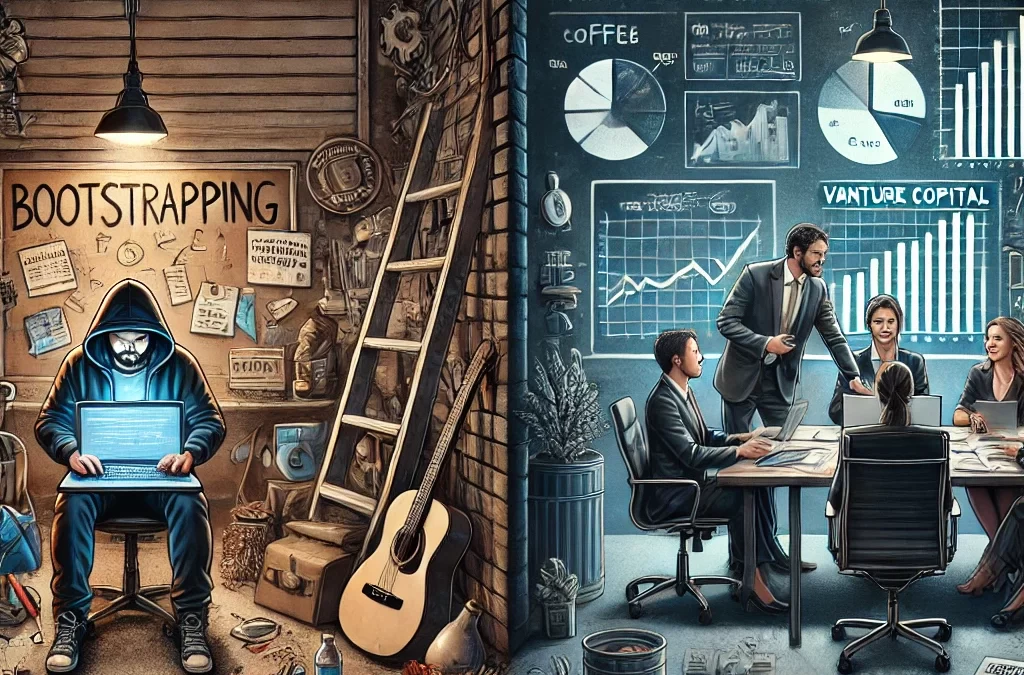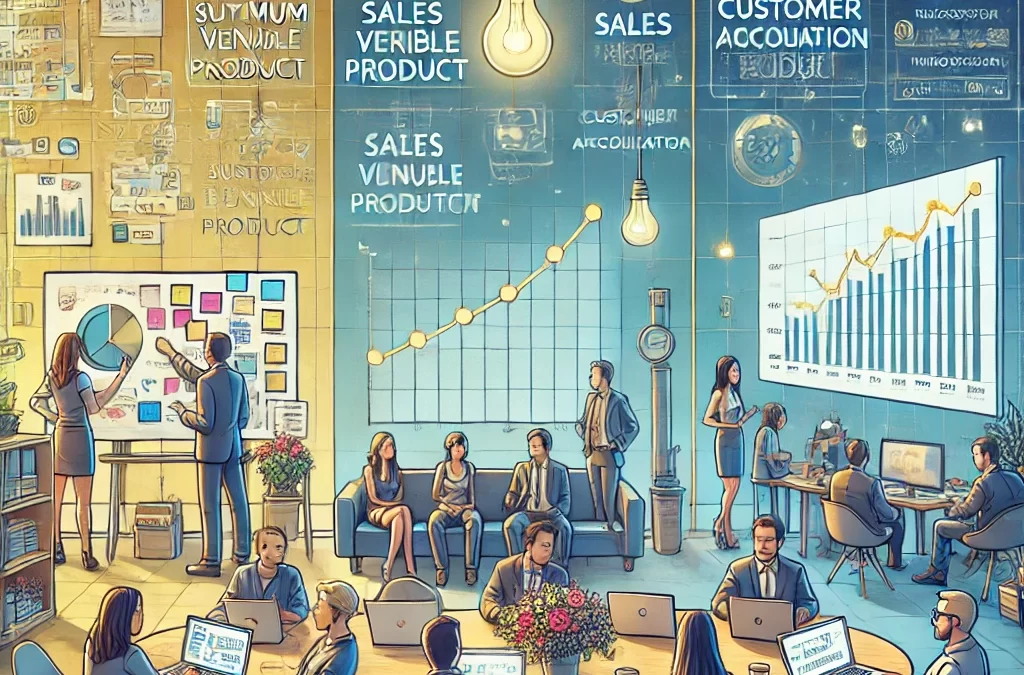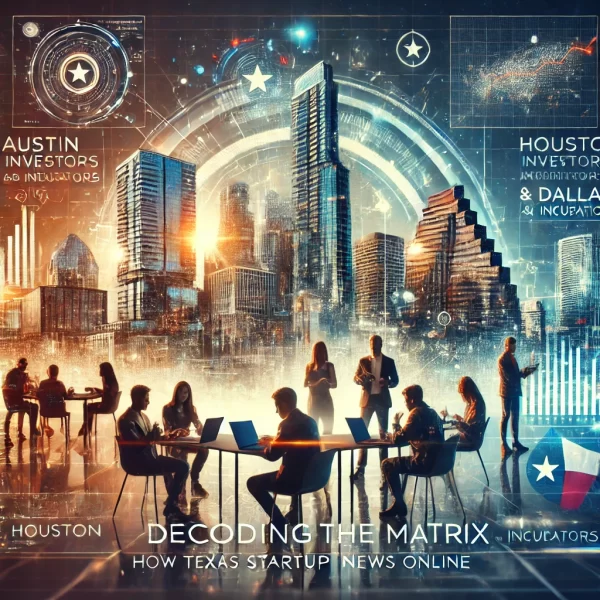The Future is Now: 5 Tech Trends Set to Dominate 2025
Tech Trends Shaping Our Tomorrow
The year 2025 is on the horizon, and with it comes a wave of innovation poised to reshape our world. Here at Texas Startup Insider, we’re keeping our eyes on the cutting edge, and today we delve into five disruptive technologies that hold immense potential to transform various industries. For startup founders in Texas and beyond, understanding these trends is crucial for staying competitive and driving meaningful impact.
1. Generative AI: Redefining Education
Imagine a future where classrooms are equipped with AI tutors that cater to individual learning styles, crafting personalized lesson plans and providing real-time feedback. This isn’t science fiction; it’s the promise of generative AI in education. By 2025, significant advancements are expected:
- Personalized Learning Experiences: Generative AI will create customized learning materials, adapting to students’ strengths and weaknesses.
- Automated Assessment and Feedback: AI-powered systems will efficiently grade essays, answer questions, and offer constructive feedback, freeing up teachers for more personalized interactions.
- Engaging and Interactive Content: AI can generate simulations, games, and other interactive experiences that make learning more engaging and effective.
A report by eLearning Industry highlights that discussions on ethical AI use in education—ensuring fairness and privacy—are already underway. Addressing these challenges will be crucial as AI integrates into classrooms.
Texas Insight: Over 200 EdTech startups operate in Texas, making it a fertile ground for innovation. The EdTech sector globally is projected to reach $404 billion by 2025, offering significant opportunities for local entrepreneurs.
2. Climate Tech: Powering a Sustainable Future
Climate change is a pressing global threat, but innovative solutions are emerging. Climate tech companies are developing groundbreaking technologies to combat climate change and transition towards a clean energy future. Key trends to watch in 2025 include:
- Advanced Carbon Capture Technologies: Technologies like Direct Air Capture (DAC) will become more efficient and cost-effective, capturing carbon dioxide from the atmosphere.
- Breakthroughs in Renewable Energy Storage: Energy storage is essential for a stable renewable energy grid. By 2025, significant advancements in battery technologies and new solutions like hydrogen storage are expected.
- AI-Powered Climate Solutions: AI will optimize energy grids, predict extreme weather events, and develop sustainable agricultural practices.
The global carbon capture market is projected to reach $1.8 trillion by 2030, according to Carbon Trail, indicating immense potential.
Texas Insight: Texas is leading the US in renewable energy, with over 37% of its electricity coming from wind and solar. The state’s startup ecosystem boasts more than 300 climate tech startups, making it a hub for innovation in this sector.
3. Space Tech: Revolutionizing Connectivity and Exploration
Space is no longer the sole domain of science fiction. Rapid advancements in space technology are bringing us closer to a future where satellite internet provides global connectivity and space exploration becomes more accessible. Here’s a glimpse into what 2025 holds:
- Proliferated Satellite Constellations: Companies like SpaceX and OneWeb will continue launching constellations of low-Earth orbit satellites, providing high-speed internet access to even the most remote areas.
- Advanced Communication Technologies: Satellite communication advancements will enable faster data transfer rates and lower latency, transforming global communication infrastructure.
- Focus on Lunar Exploration: Expect a surge in Moon missions, laying the groundwork for future human settlements and resource extraction.
A report by Lockheed Martin suggests that Advanced Communications will be a major theme in space tech by 2025, with AI playing a key role in managing complex data flows.
Texas Insight: With NASA’s Johnson Space Center located in Houston, Texas has a thriving space tech ecosystem. The state is home to over 50 aerospace startups, contributing to the US’s $469 billion space economy.
4. Synthetic Biology: Reshaping Industries
Synthetic biology is revolutionizing various fields by manipulating living organisms at the genetic level. By 2025, we anticipate significant progress in these areas:
- Medicine and Healthcare: Synthetic biology holds immense promise for developing personalized medicines, creating new antibiotics to combat resistant bacteria, and engineering biocompatible organs for transplants.
- Sustainable Materials Production: Synthetic biology can create bio-based materials that are biodegradable and eco-friendly, reducing reliance on fossil fuels.
- Agriculture: Engineering crops that are more resistant to pests and diseases, and require less water, can contribute to a more sustainable and productive agricultural sector.
The SynBioBeta 2025 conference, scheduled for May 5-8, 2025, in California, underscores the growing interest in this field.
Texas Insight: Texas’s biotech sector, including synthetic biology startups, contributes $4 billion annually to the state’s economy, offering immense growth opportunities for founders.
5. Web3 and the Metaverse: A New Era of Decentralization
The convergence of Web3 technologies like blockchain and the concept of the Metaverse is creating a new digital frontier. Here’s how Web3 is poised to disrupt various sectors by 2025:
- Decentralized Applications (dApps): AI-powered dApps will offer greater functionality and user experiences, transforming industries like finance, gaming, and social media.
- Tokenization of Real-World Assets: Real-world assets like real estate, art, and commodities will increasingly be tokenized on blockchain platforms, enabling fractional ownership and easier access for investors.
- The Rise of the Metaverse: This shared virtual space will become more immersive and interconnected, with advancements in VR and AR technologies blurring the lines between physical and digital worlds.
McKinsey & Company estimates that the Metaverse could generate economic value of up to $5 trillion annually by 2030, highlighting its potential.
Texas Insight: Texas is a growing hub for blockchain and Metaverse innovation, with over 150 startups in this space. Austin, in particular, is emerging as a leader, attracting top talent and investment.
Conclusion
These five disruptive technologies are poised to reshape our world in profound ways. For startup founders in Texas, the opportunities are immense. By embracing these trends, they can develop groundbreaking solutions that address global challenges and create a better future for all.
Key Stats for Founders: The US startup ecosystem is valued at $3 trillion, with Texas ranking as the third-best state for startups. Over 1,000 new startups are launched annually in Texas, backed by a strong network of accelerators, incubators, and venture capitalists.
Disclaimer: The information provided in this article is for informational purposes only and should not be construed as financial or investment advice.






